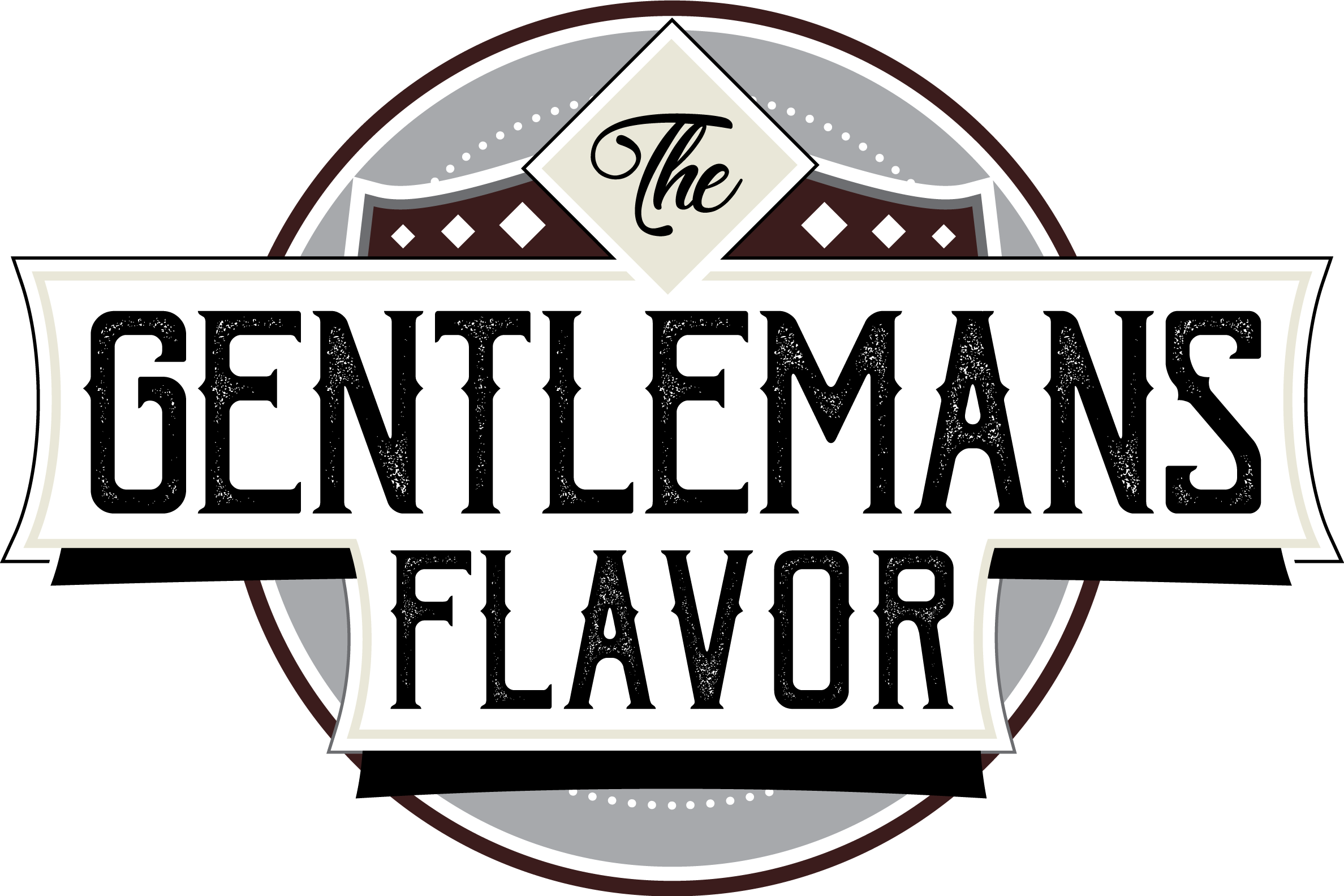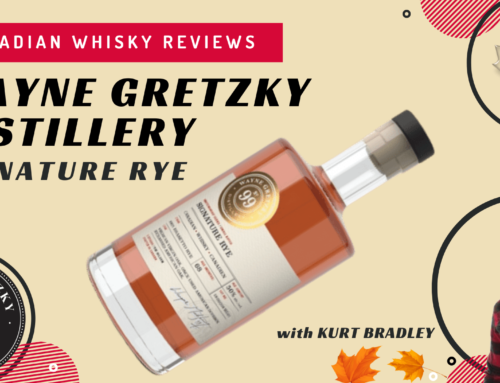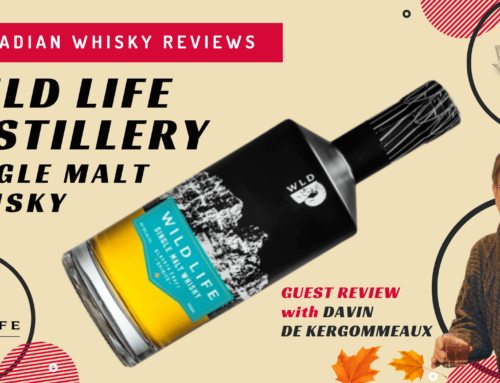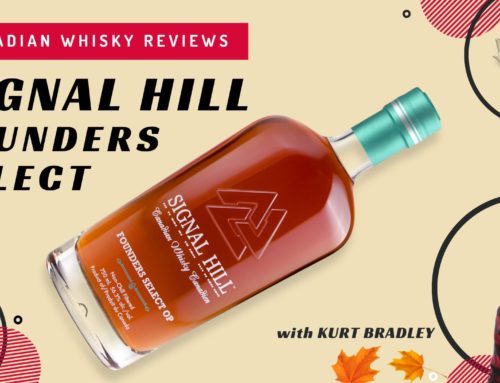NOTE: The following article does NOT advise that consuming alcohol can be used as protection or as a cure from COVID-19 or any other virus.
Take the following article with a pinch of salt, people.
Since antiquity, alcohol has been widely recognized as having medicinal and disinfectant qualities. Humans have used alcohol infused with different herbs, spices, and plants thought to have medical properties for millennia, and although alcohol may not exactly be the cure for the Novel Coronavirus, you can’t say humans haven’t tried using booze to cure all sorts of problems.
Alcohol As Medicine In History
As early as 7000-6000 BCE in China, alcohol and herbal-based remedies were thought to heal as well as promote blood ‘warming’ and ‘vitalizing’ when imbibed. In ancient Greece, many of Hippocrates therapies incorporated wine and were targeted to the patient’s specific illness. Gin was introduced to England from Holland by King William of Orange as an ideal tonic for the treatment of stomach complaints, gout, gallstones, and for the kidneys, liver and heart.
The word Julep comes to us from ancient Persian where it was a rosewater infused drink taken to cure indigestion and other maladies. In 18th century United States, it was prescribed as a tonic or cure-all to ‘treat women’s constitutions’ as part of a wave of pseudomedicinal drinks known as “cordials”, “patent medicines” and “stomach exlirs”.
Today we take our Julep with mint and bourbon to cut the heat of a summers day.
The Italians have multiple digestive (digestif) drinks to settle the stomach after one too many courses at the trattoria. Even Jägermeister was originally conceived as a digestive drink long before appearing as ice cold shots at bars and nightclubs, and is still used as such in Germany.
Alcohol: An Antiviral Solution?
During this current Covid-19 viral pandemic, the biggest concern is of an unseen virus being passed from person to person via close contact. Recently, Dr. Juergen Rissland, a lead doctor at the Institute for Virology at Saarland University Hospital in Germany, came under fire for going on the record to say that drinking alcohol like whiskey can protect against COVID-19.
When asked on a radio show whether drinking alcohol could kill any viruses a person may have ingested, Dr. Rissland responded, “Yes, of course that’s true, and the higher the percentage of alcohol, the better it is”, and later went on to say “but of course you need to bear in mind that you can’t do that every 15 minutes, that is something else to consider”.
Rissland’s main argument was that the virus is vulnerable to high-proof alcohol because it has an outer layer of fat that can be easily destroyed by alcohol.
He later went on to say that his advice was lighthearted and not meant to be taken too seriously.
We call it aqua vitae, and this name is remarkably suitable, since it is really a water of immortality. It prolongs life, clears away ill-humors, revives the heart and maintains youth” – Spanish alchemist Arnaldus de Villanova (1240-1311)
The Power Of Quinine
When it comes to protecting against the COVID virus, the FDA has recently suggested an antimalarial drug called hydroxychloroquine as possible preventative medication. As a result, drug giant Bayer has donated millions of tablets of chloroquine to possibly help support the research in progress. The key word in hydroxychloroquine is of course the ‘quine’ which comes from quinine, which has long been used for its medical and antimalarial properties.
Of course, every well stocked bar has a quinine drink behind it known as tonic water.
The tonic is given its uniquely sharp taste by the addition of quinine. In the 1825 the British Army while stationed in India recognized a problem with malaria and that this particular tonic would help to prevent it. As a result, British Army officers began blending quinine with sugar, water and gin (which also happens to be an alcohol infused with herbs) to create a multitasking, malaria-fighting-yet-wildly delicious drink.
Thus, a couple of centuries ago on the Indian subcontinent, the humble gin & tonic was born.
And So…
Though modern tonic waters have far less quinine than the tonic of yore, they still do contain enough of it to fluoresce under ultraviolet light. To what effect a gin & tonic has on preventing the Novel Coronavirus no one can really say, but we’re certainly not putting our money on it.
Of course, we here at The Gentleman’s Flavor certainly are not doctors and tonic water certainly isn’t a cure for coronavirus. Regardless, we nonetheless loosely suggest a prescription of at least two stiff G&T’s taken at least twice daily with or without food – for apart from a slight hangover, what else do you have to lose?
It is gin & tonic season after all…
Over the centuries humans certainly have tried to use alcohol and alcohol-based drinks as the latest cure for what ails you – and we sure can’t blame ’em for trying.
-Sean Douglass










